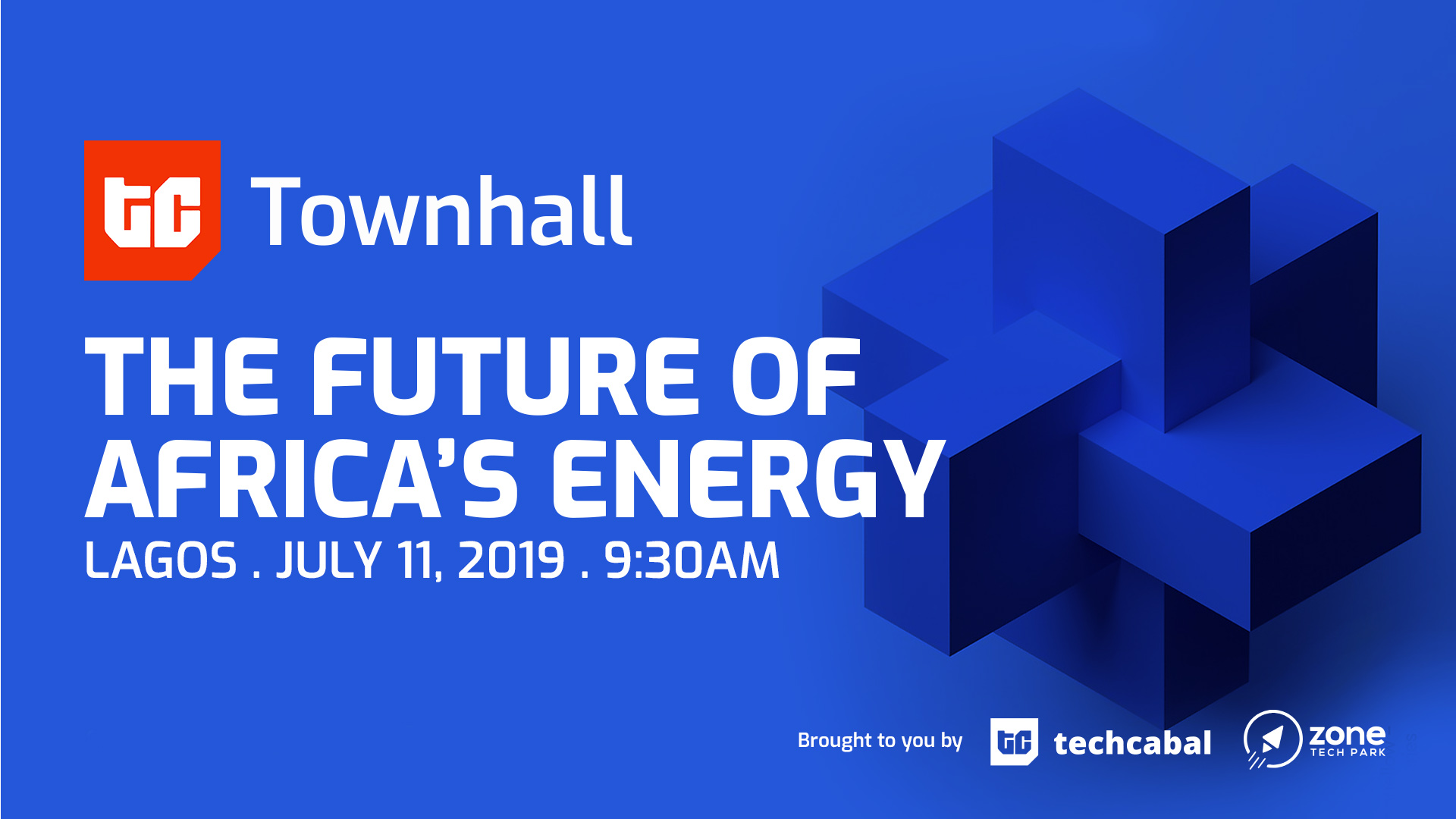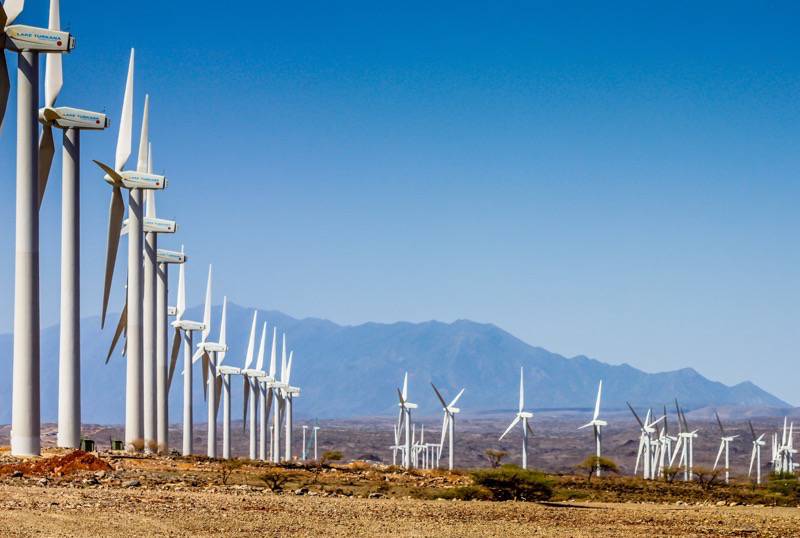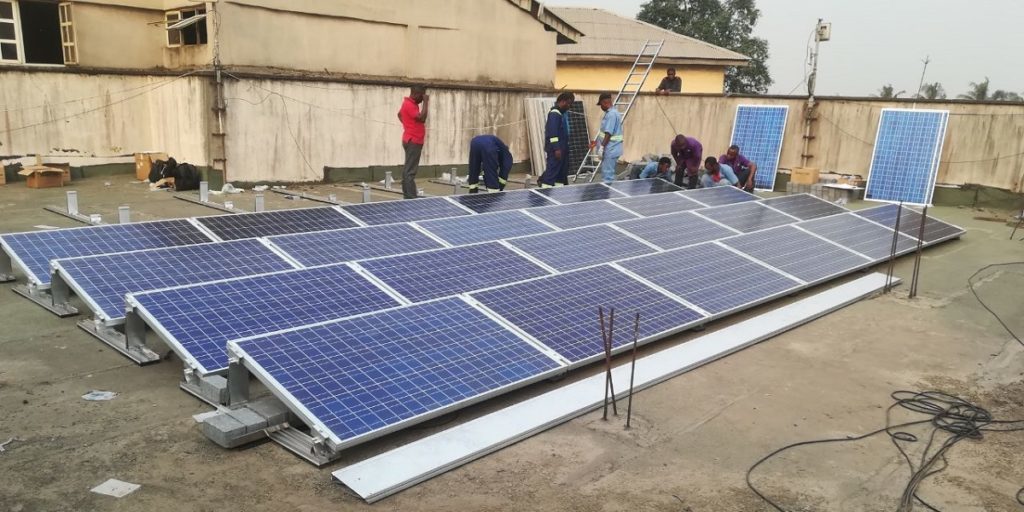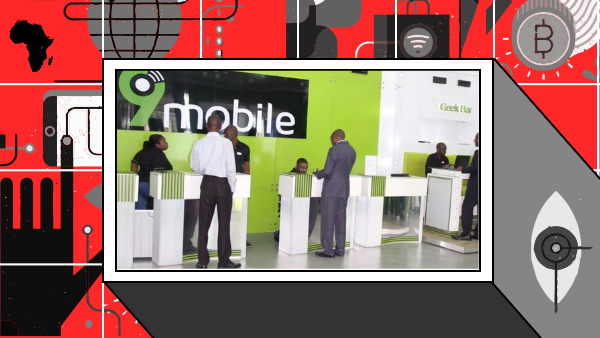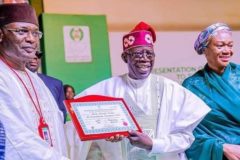Join us on the 11th of July, 2019 at TC Townhall: Renewable Energy as we convene African governments, regulators, investors, development agencies, multinationals and entrepreneurs to discuss The Future of Africa’s Energy.
One in three Africans today do not have access to electricity. About 87% of those without electricity live in rural areas. A large number of people who are connected find that it is unreliable and many who lack access depend on kerosene lamps, generator kiosk and battery-powered torches for their energy needs. The lack of energy access is costing African economies about $60.52 billion, which constitutes 4% of its GDP. Electricity can increase household per capita income by 39 percent, therefore, plugging the energy deficit offers a huge opportunity for economic transformation.
African governments have been faced with the challenge of investing scarce financial resources to expand access to electricity. As of 2010, 70% of the energy consumed on the continent came from coal and fossil fuels. National grids using these energy sources are typically built with urban consumers in mind. Rural consumers spend little on power and live in hard-to-reach locations, therefore energy companies usually do not prioritize extending access to them. While renewable energy sources provide both economic and environmental benefits, they are relatively expensive even though prices have been falling.
Lake Turkana Wind Power Project, Africa’s Largest Wind Farm
There’s been some progress with electrification rate now at 45% but it is not nearly enough given the growing population. Countries such as South Africa have made significant strides in meeting their energy needs using renewable energy sources. By the end of 2017, a total of 3.2GW of renewable energy projects had been constructed and connected to the grid. Cape Verde has set an aggressive target to obtain 100% of its electricity from renewable sources by 2025, it is currently at 25%. While Kenya commissioned, Lake Turkana Wind Power Project, Africa’s largest wind farm in October 2018.
Despite abundant renewable energy sources, African nations, many of whom are signatories to the 2016 Paris Accord and 2030 Sustainable Development Goals, are finding it difficult to make the switch to renewable energy due to financial and policy constraints. Yet, many argue that renewable energy, specifically distributed energy systems, presents the strongest proposition of connecting the over 600 million sub-saharan Africans that lack electricity. On the other hand, few consider coal the most viable option given its affordability. However, it has very high carbon content which is harmful to the environment.
Distributed energy systems such as solar home systems and mini-grids provide an opportunity for Africa to leapfrog its energy challenges and connect the last mile. Doing this will benefit several industries such as healthcare where darkness plagues hospitals and clinics. In some cases, deliveries are done using candles and torchlights. Agriculture will also enjoy significant benefits with improvement in production and storage. Globally, at least 4.5 million jobs could be created by the off-grid value chain by 2030. Africa will be home to 80 percent of the world’s off-the-grid population by 2030.
Solar system being installed at a Nigerian bank
Across the continent, entrepreneurs have seized the opportunity. From MKopa in East Africa to Oolu Solar in West Africa, solar companies are leveraging mobile money to provide rural dwellers with lighting solutions and more to meet their energy needs. Multinationals like General Electric, Shell and the MTN Group are also a part of the conversation, building solutions, providing investment and strategic partnerships. There are also larger scale, mini-grid developers who are powering communities and energizing industries. In addition to solar energy, some entrepreneurs are also harnessing other renewable sources including hydropower, wind and biomass. These entrepreneurs, however, face policy issues and despite the abundance of development financing, local entrepreneurs usually of African origin are unable to access needed funding. Add to this, the scepticism of urban consumers about the ability of clean energy to replace their current power sources and its affordability for rural consumers.
At TC Townhall: Renewable Energy, we will be attempting to answer the question; “How do we quickly build modern energy infrastructure, that is affordable and provides last-mile access, using abundant renewable energy resources, in a friendly policy environment?”. The event will feature workshop sessions, interactive lightning talks, campfire sessions and much more. Registration is free, don’t forget to reserve a seat here.







